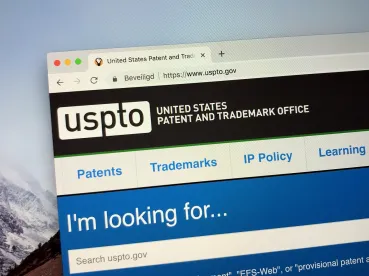Practice at the Patent Trial and Appeal Board (PTAB) has evolved at a breakneck pace during the tenure of U.S. Patent and Trademark Office Director Vidal. Her Fintiv memorandum rapidly altered practice surrounding a core issue — discretionary denials of PTAB proceedings, such as inter partes review (IPR) and post-grant review (PGR). Just over eight months into this new era, Director Vidal has closed, through a precedential sua sponte Director Review decision, what seemed to be an escape hatch for petitioners in the framework previously set forth in the memorandum. Commscope Techs. LLC v. Dali Wireless, Inc., IPR2022-01242, Paper 23 at 4-5 (PTAB Feb. 27, 2023). Specifically, she clarified that a petition cannot avoid discretionary denial by simply presenting compelling evidence of unpatentability without regard to the other Fintiv factors. Rather, the “compelling evidence” analysis set forth in the memorandum only comes into play if Fintiv factors 1-5 are already found to favor denial of institution.
Seasoned practitioners will find that the guidance underscores Fintiv factor 6, which provided a merits-based caveat for avoiding denial in pre-memorandum practice under the original application of Fintiv. While the Board previously evaluated factor 6 in a balance against at least some of factors 1-5, the guidance makes clear that factor 6 must compellingly outweigh all of factors 1-5 in order to avoid denial. By shifting the framework in this fashion and foreclosing a potential workaround of factors 1-5, the director’s revised memorandum is likely to result in increased denials under Fintiv. As previously explained in the memorandum, the “compelling evidence” standard evaluates whether the petition presents challenges “in which the evidence, if unrebutted in trial, would plainly lead to a conclusion that one or more claims are unpatentable by a preponderance of the evidence.” The Director subsequently explained, “plainly lead[s]” means “it is highly likely that the petitioner would prevail with respect to at least one challenged claim.” OpenSky Indus., LLC v. VLSI Tech. LLC, IPR2021-01064, Paper 102, 49-50 (PTAB Oct. 4, 2022) (precedential).
Additionally, the director’s clarification may result in more careful consideration of factors 1-5 by the Board. For example, the Board may have a heightened interest in arguments regarding the extent of the investment and the amount of overlap in the parallel proceeding under factors 3 and 4. Practitioners would be wise to sharpen their pencils and consider how to tilt Fintiv factors 1-5 in their favor to mitigate risk of discretionary denials going forward.




 />i
/>i

